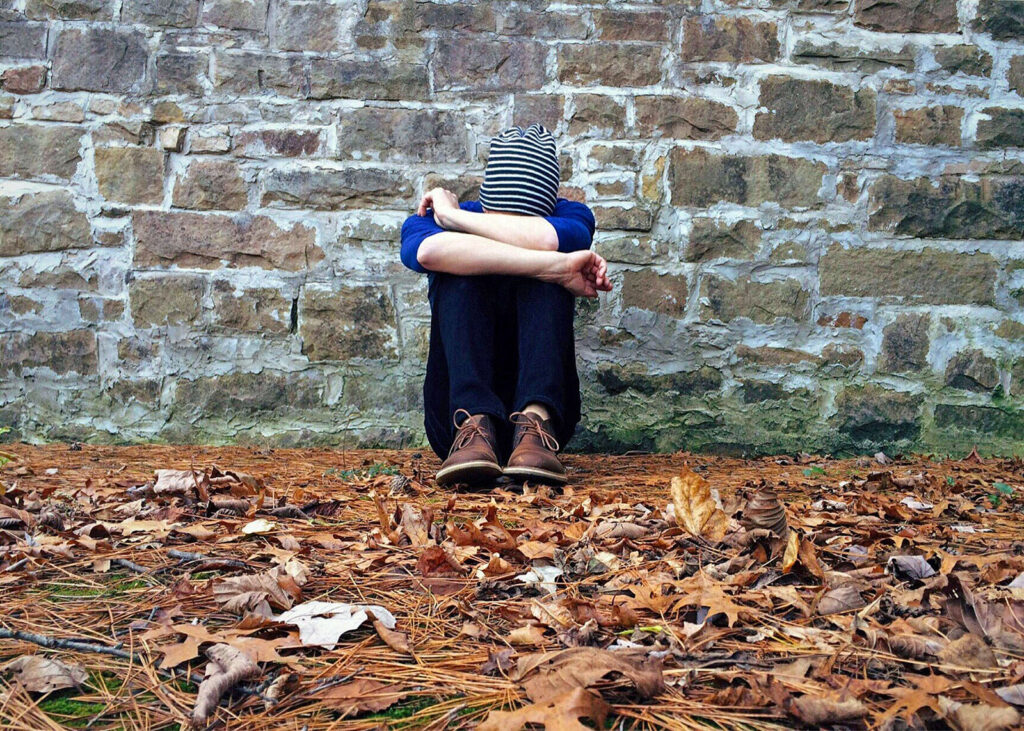This page is also available in: Español (Spanish)
Allegations of domestic violence can be profoundly distressing, with far-reaching consequences for your life. Your career prospects, housing stability, and even your public standing might be jeopardized. For non-U.S. citizens, a domestic violence conviction could trigger severe immigration difficulties.
At Jorge L. Gonzalez Law, we recognize the immense challenges in these circumstances and provide steadfast assistance. Our legal team delivers the precise guidance you need, navigating each phase of the process alongside you. When your outlook appears uncertain, you merit a committed criminal defense attorney.

Defining Domestic Violence in Florida
Domestic violence (DV) in Florida extends beyond spousal abuse to encompass a range of harmful actions between intimately connected individuals. Florida law classifies any criminal act resulting in injury or fatality to a family or household member as a domestic violence offense. This includes, but is not limited to:
- Assault and Battery
- Stalking
- Kidnapping
- False Imprisonment
- Sexual Offenses
The definition of a “family or household member” is comprehensive, covering current or former spouses, relatives by blood or marriage, individuals residing together (or formerly residing together) as a family unit, and co-parents, regardless of marital status or shared residency. Offenses by adults against children are generally addressed as child abuse.
Understanding a Domestic Violence Arrest and Next Steps
There are two phases to be aware of when it comes to domestic violence allegations in Florida:
- Criminal – if police believe domestic violence has occurred, they can make an arrest based on what they find, even if the person who called 911 changes their mind. Officers must determine who was the main aggressor in any conflict. After an arrest, prosecutors determine whether to file criminal charges based on the arrest.
- Civil – if the alleged victim files allegations of domestic violence with the court, a judge can decide to grant a temporary restraining order against the alleged aggressor, at which time a hearing is scheduled to determine whether the order should be upheld and potentially made permanent. At a final hearing, the judge must determine whether there is either evidence of domestic violence, or whether the alleged victim has reasonable fear of imminent domestic violence occurring.
Initial Court Appearance & Stay-Away Orders:
Unlike many other minor criminal charges, a person arrested for domestic battery usually cannot be released immediately from jail. Florida law requires them to remain in custody until they appear before a judge. During this first court appearance, the judge will decide on bail and other release conditions.
A common condition in domestic violence cases is a “stay-away order,” also known as a restraining order or injunction. This order prevents contact with the protected person and their family members, covering everything from in-person visits to texts or calls. Breaking such an order can lead to a new arrest. Our legal team often works to seek modifications to these orders to allow peaceful contact when appropriate.
Impacts of a Domestic Violence Conviction
A domestic violence conviction can cause big, lasting problems in your life. Even for smaller charges, you could face jail time, fines, and supervision by the court.
Here are some of the ways a conviction can hurt you:
- Jail Time: You could go to jail for up to a year, even for less serious charges. Florida law sometimes requires minimum jail time if someone was physically hurt.
- Fines & Court Watch: You might have to pay fines up to $1,000 and be on probation (watched by the court) for about a year.
- Permanent Record: The conviction will usually stay on your public record forever. This can make it hard to get a job, find a place to live, or keep a good name, even if a judge didn’t formally convict you.
- Lose Gun Rights: You could lose your right to own or have guns for the rest of your life.
- Job & Home Issues: It can be tough to get certain jobs, especially in fields like childcare. Finding a place to live might also become harder.
- Immigration Problems: If you’re not a U.S. citizen, a conviction could lead to serious issues, like being sent out of the country or not being able to become a citizen.
- Child Custody: Your ability to see your children or have them live with you could be greatly affected.
Defending Against Domestic Violence Charges
We understand that domestic violence accusations often stem from highly emotional moments. Sometimes, arrests happen based on quick decisions or even incorrect claims, possibly fueled by disagreements or other personal motivations.
Whether it is fighting to obtain a restraining order for your protection, or fiercely defending you against a potential restraining order and/or criminal charges, our job is to carefully review your unique situation. We aim to show the judge or prosecutors that charges are not supported, or if the case moves forward, we will build the strongest defense possible. Common defense approaches include:
- Self-Defense: Arguing you acted to protect yourself from immediate danger.
- False Claims: Challenging the accuser’s story and presenting evidence to show the allegations are not true.
- Insufficient Evidence: Arguing that the prosecution lacks enough proof or that witness accounts are unreliable.
Your Trusted Partner in Domestic Violence Defense
When facing domestic violence charges in Florida, immediate and skilled legal representation is crucial. You need an attorney who understands the nuances of domestic violence in both the civil and criminal aspects.
At Jorge L. Gonzalez Law, we provide compassionate and expert legal guidance. We fight to protect your rights, minimize negative consequences, and secure the best possible outcome for your case.
Don’t face these serious charges alone. Contact Jorge L. Gonzalez Law at 305-227-4700 for a free confidential consultation. Let us provide the strong defense and peace of mind you deserve.

